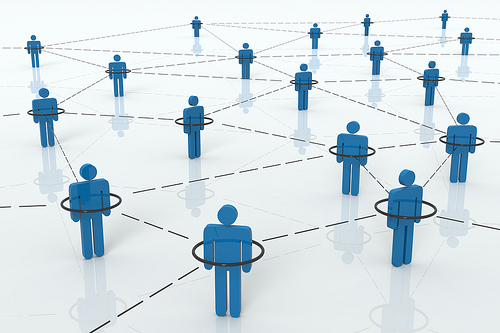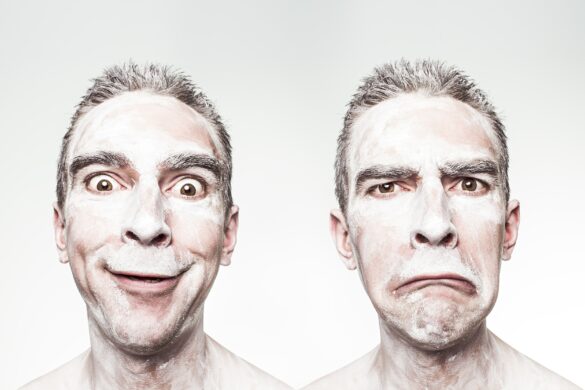I just read an article about the phenomenon of the Autonomous Sensory Meridian Response, or ASMR. The idea behind ASMR is that certain sounds, like “gentle whispering” or certain soft auditory stimuli (light sounds, or certain things like crinkling bags, for example) will cause a pleasant tingly sensation; in other words, it’s an auditory, visual or tactile stimulus that is supposed to trigger (tickle?) certain parts of your brain having to do with pleasure. The Vice article’s author referred to an ASMR video (and there are a bunch of them) as “the video equivalent of a really nice, mellow kind of drug that leaves no aftertaste.” First, check out this ASMR video and see what kind of response it provokes in you:
That video is from a YouTube user named GentleWhispering. If you believe in ASMR, this girl will sent pleasant chills down your spine. (Or, if you are like me, you just want to shoo the annoying thing away).
But I’m a jerk and a party pooper. Let’s try another ASMR video, this time of a guy shining shoes. Nothing else, just sounds of him working on his shoes:
Bob Ross:
Guy making fire from IKEA products:
There are plenty others, if you just search. But I think you get the idea: soothing voices, light scratching on surfaces, somebody making tea, whatever. Apparently, these things are really supposed to cause crazy sensations in susceptible people, but there have been no scientific studies on it as of this date (and Wikipedia killed an entry on the Autonomous Sensory Meridian Response citing lack of evidence). This concept seems very similar to the iDose controversy a few years ago.

Hey, can I touch your brain?
Various explanations for the ASMR / “Brain Orgasms” include:
- Something to do with the vagus nervous system
- Something to do with Synesthesia (a neurological condition in which stimulation of one sensory pathway leads to automatic, involuntary experiences in a second sensory pathway – see Wiki)
- secretions from the pineal gland
- thetans
Alright, that last one is mine, but hey, why not?
I don’t know about this “brain orgasm” stuff, but I would admit that certain sounds and sensations have a relaxing effect. Personally, I think about my wife or a family member working on something; the repeated sounds of the task in question are easy to fall asleep to. White noise has always worked for me. I also find it easy to fall asleep while MST3K is on. (Hey, don’t knock it – there’s even a Facebook group dedicated to it.) But an Autonomous Sensory Meridian Response? Videos alone don’t do it for me – maybe I just need to be there in person for it to work.
– Bill G
Other Links: ASMR research







